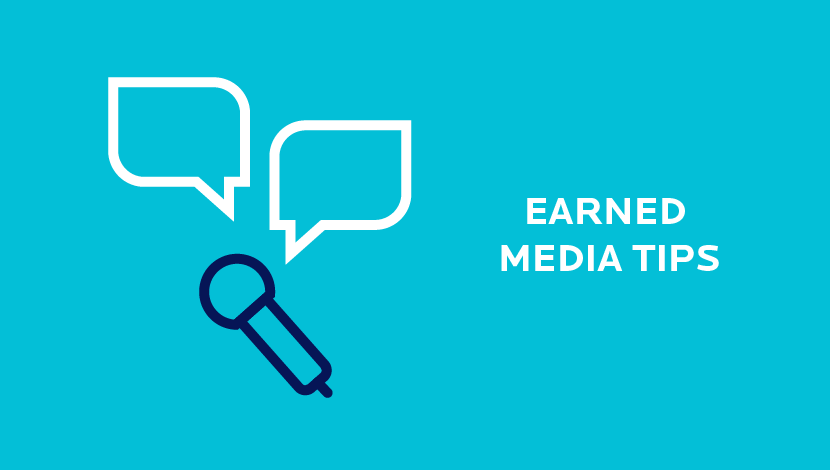
You’ve worked hard to build up your brand, demonstrate your expertise and position yourself as a thought leader in your industry. Your notoriety triggers a member of the media to call on you to share your knowledge.
Taking advantage of the opportunity is important because earned media is extremely valuable for further increasing your credibility. Why? Because it’s the most trusted version of marketing. Why? Because you didn’t pay for it and you didn’t create it yourself. Someone else is telling your story.
To ensure the earned media opportunity is a good fit and to make this a good experience for both you and the reporter, you’ll need to do a little information gathering of your own.
Assess the situation.
Find out all you can about the request and the reporter. Here are five things we consider when gathering background information on media requests for our clients:
- Who is the reporter? The internet makes it pretty easy to gather background information. Google and social media provide a wealth of information that will help you gain a better understanding of how many years of experience the reporter has, the topics they typically cover and if there’s a personal bias or political slant to be cognizant of. There also are plenty of public relations resources available to provide this intel.
- What is the media outlet? While gathering info about the reporter, you might as well gather information about the outlet too. It’s important to note the demographics of the audience so you can tailor your key messages to them. It also doesn’t hurt to visit their social media platforms prior to an interview. Not only does it give you insight into the topics they cover, it allows you to get a good idea of how they cover stories.
- What questions will be asked? Sometimes reporters don’t like to provide a list of questions, but it’s still important to make the ask. This isn’t personal. It’s more about generating an authentic response and not limiting themselves to a list of questions. While they may not provide a list of questions, they usually will give you an idea of main goals for the interview or angle of the story. You also may want to ask if other sources are being interviewed and what their stance is.
- What is the format? Knowing how long the interview will take will tell you how much content to prepare. Is it a quick quote or a more in-dept interview? Also ask if the interview will be on camera, in person or by phone. Even newspapers and radio stations are incorporating video nowadays. If it is for broadcast, it’s always good to ask if it will be live or recorded. If live, it’s probably a good idea to rehearse those key messages just a bit longer.
- What is the timeframe? It’s important to be aware of how soon the deadline is and when the story will appear. If there are any follow-ups or if you have any graphics, photos or supporting information to send along, you can make sure the reporter has it in plenty of time to meet his or her deadline. Knowing when the story will go live allows you to be ready to atomize the story on all your communication channels to get as much reach as possible.
What to do with the information:
Now that you’ve gathered all the material, it’s time to put it to good use. Create a prep doc and use it to practice. Add your key messaging and share it with the reporter ahead of time so you are on the same page. Feel free to bring it to your interview to reference.
Your next step is to do the interview. Stay tuned for additional posts about successfully navigating any opportunity.
